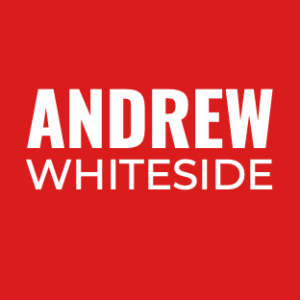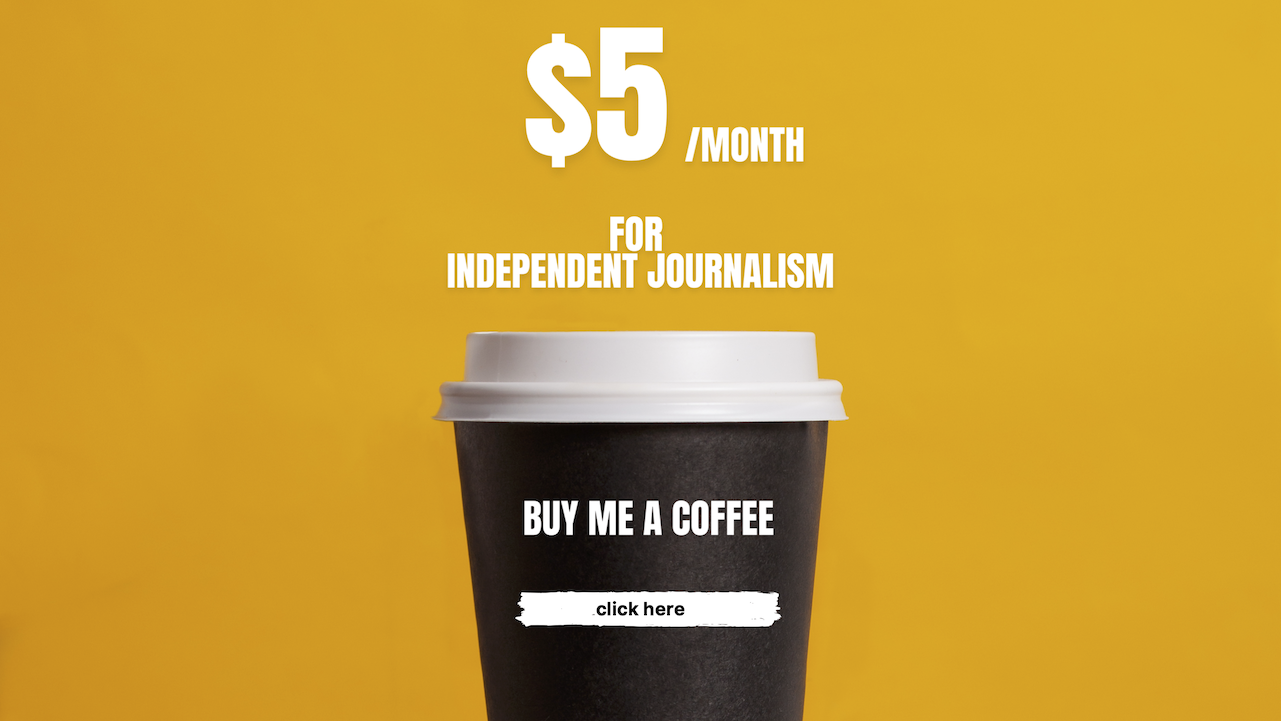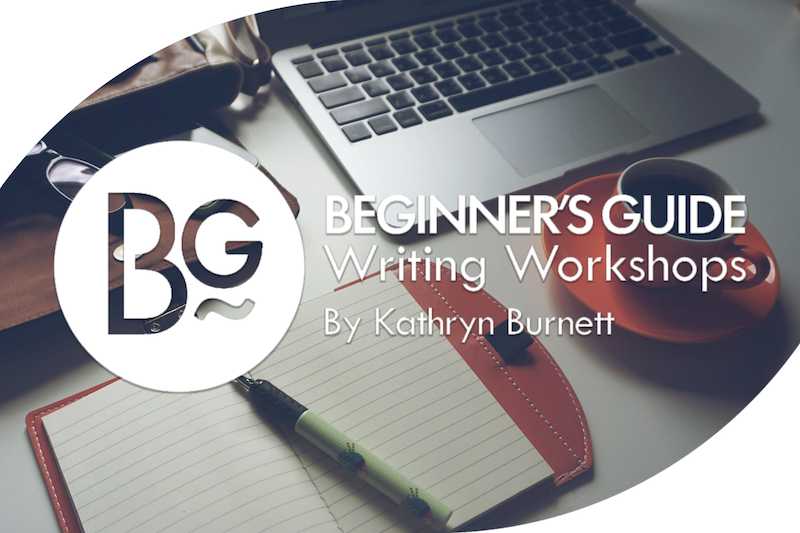It may sound absurdly obvious, but if you want to judge a show based on the reaction of its audience, then the 2020 Pride Gala was an unmitigated success. Many of them screamed, yes screamed, their way through the night.
And what a night it was. Dance troupe Coven kicked things off with a rousing routine. There were drag performances, singing, dance, poetry, clowns, and cirque.
It was a sampler of course, and some of it was great. Black Cat Productions NZ provided the most poignant moment as two women executed a beautiful routine suspended above the stage in a hoop.; Drag star Wednesday was a delight singing a gay anthem “Everybody interesting is Gay.” Coven were fierce and sassy, and Night of the Queer were on form and sharp. Performance poet Nathan Joe gave an impassioned and very funny monologue about a romantic encounter.
But there were some weaker moments, I won’t name them – and incidentally, just because I haven’t named someone above doesn’t mean they were bad. But one or two performances perhaps with hindsight should have been dropped from the night.
The most surprising moment was when I thought I heard one performer state that tangata whenua were originally from Samoa and Tonga. The look on my Maori husband’s face at that moment indicated he was also surprised. He subsequently explained to me the complexity of the tuakana teina relationship and the offence he took to that performance.
Hugo Grrrl was a great compere – funny, enthusiastic, very loud and dressed in a rainbow bedecked costume that would make Liberace proud. His funniest line was “my mum had always wanted me to find a man, but she didn’t realise ‘he’ was actually inside me.”
I liked Hugo, I really did, but I question his PC credentials when, after playfully tackling heteronormativity, he then indulged in it himself by asking a bride-to-be where her ‘husband’ was. He also mangled the pronunciation of ‘te reo,’ and later asked the queer audience “does anyone know what a drag king is?”
Perhaps I’m being churlish here, but we have entered into the age of ‘new’ Pride – which its leaders have claimed is ‘finally’ PC, diverse and inclusive.
But is it?
If you look at the Pride event calendar it appears on the surface to be true, but on stage at the Gala, it didn’t.
Sure there were different races on stage, but diversity goes way beyond that. This was a show where the audience was mostly young, and the performers were almost exclusively young. Normally at these type of queer events, I know at least 50% of the people attending. This night, probably 5%. My generation was mostly missing. The established and experienced artists in our community, particularly our drag community, were missing.
The show was overwhelmingly feminine – drag, lesbian, camp. The two male contributions who were not in makeup or ‘costume’ were at the back of the stage with feminine clowns in front playing the role of a pseudo-audience.
It felt as though our community had been diminished, and what had been removed were masculinity and anyone over the age of 40.
I know that’s a controversial statement but I wasn’t the only one who thought so.
What I’m left with is a sense of bewilderment.
That fight in late 2018 was awful and caused a huge amount of hurt no matter which side of it you were on. The calls on one side were for empowerment of the dispossessed, and a more diverse range of people and events.
But on stage, there was no real diversity, and there was nothing ‘new.’ I’ve been seeing drag, and burlesque and singing in queer events for over 30 years, so how is this any different? There was no innovation, or anything particularly challenging.
And I’m not saying that to be rude or disrespectful. It’s an observation.
Look, I don’t want to bag Pride or the Gala. The organisers have worked hard and it was a good event with some flaws.
But this idea that Pride is ‘now’ inclusive is spin at best and insulting to several generations who have worked very hard to create what we have now.
I remember seeing drag events, leather events, lesbian events, and transgender events when I was coming out in the 1980s. I remember the very first major queer dance party in 1991 at the Powerstation and the subsequent Hero Parties and Parades. I remember dance legends Michael Parmenter and Taane Mete performing the Hero’s journey on the old sheds on Princes Wharf.
I remember Bertha, Buckwheat and Fonda Boyz as they began their drag careers. I remember in the late 80s seeing Nicole Duval and others whose gender fluidity was challenging norms back in the 1950s. I remember marching in the streets for the decriminalisation of homosexual sex acts when technically I was a criminal. I remember Marilyn Waring coming out as lesbian. I remember interviewing Georgina Beyer on the cusp of winning election as the world’s first transgender MP in 1999.
I take my hat off to Auckland Pride, they have worked very hard to put on a festival and they have made many of the events free. That is a positive thing.
But, judging from it’s opening night, a large swathe of our community seems to have vanished from Pride.
It could be argued that this is simply the changing of the guard and the rise of a new generation, but that would be a disingenuous. A community is only strong when all its elements come together. We do ourselves a disservice when we disconnect our elders from our youth.
And we make it worse when we spin the line that a new generation has created something new, when previous generations have created that legacy.
Editors Note – This story originally said The Dust Palace provided the acrobatic display, that has now been corrected.
Editor’s Note: Hugo Grrrl has requested I make changes to this story. 1. His name was spelled incorrectly. (this has now been corrected). 2. That He said “does everyone know what a drag king is?” and that He said “partner” instead of “husband”. Andrew Whiteside stands by his reporting of this event, and in particular the reporting of the word “husband” that was corroborated by another audience member.




